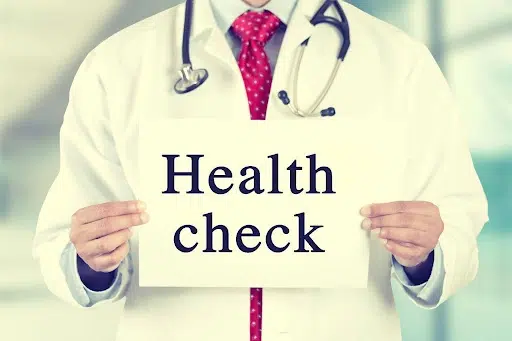The legal landscape surrounding reproductive healthcare in the United States has undergone significant changes with the overturning of Roe v. Wade. This decision has shifted the regulation of abortion access to individual states, creating a patchwork of laws across the country. While some states maintain access to abortion services, others have enacted strict restrictions or bans. These changes have far-reaching implications for women’s health, affecting medical care, health outcomes, and access to essential services.
Immediate Impacts on Access to Care
Restricted Access to Safe Abortions
One of the most direct consequences of stricter abortion laws is limited access to safe, legal abortion procedures. In states where abortion is restricted or banned, women may face challenges such as:
- Traveling Long Distances: Women in restrictive states must travel to other states for care, increasing financial and emotional burdens.
- Delay in Care: Delays can increase health risks, as complications from unwanted pregnancies may worsen over time.
Strain on Healthcare Resources
States with accessible abortion services may experience an influx of patients traveling from restrictive states, leading to longer wait times and increased pressure on healthcare providers.
Impact on Women’s Health Outcomes
Increased Risk of Maternal Mortality
Research shows that restricting access to abortion is linked to higher maternal mortality rates. Carrying a pregnancy to term, especially in cases of high-risk pregnancies or underlying health conditions, can increase complications such as:
- Severe hypertension
- Hemorrhaging
- Preeclampsia
- Cardiovascular issues
Mental Health Challenges
Unwanted pregnancies can exacerbate mental health conditions, including depression and anxiety. Women denied abortions often face significant emotional distress, with potential long-term psychological effects.
Impact on Low-Income and Marginalized Women
Low-income women and those from marginalized communities are disproportionately affected by restrictive abortion laws. Barriers such as travel costs, childcare needs, and lack of access to insurance amplify the challenges these groups face in obtaining reproductive care.
Broader Implications for Reproductive Healthcare
Contraceptive Access and Education
As laws around abortion tighten, there is a growing focus on contraception and education. However, in some restrictive states, access to contraceptives and comprehensive sex education remains limited, potentially increasing rates of unintended pregnancies.
Ectopic Pregnancies and Medical Emergencies
Ambiguities in new abortion laws can complicate the treatment of medical emergencies like ectopic pregnancies or miscarriages. Some healthcare providers may hesitate to act due to fear of legal repercussions, delaying life-saving care.
Impact on Provider Training
Medical professionals in states with restrictive laws may receive limited training in abortion procedures, potentially reducing their ability to provide comprehensive reproductive care.
Public Health Perspective: The Importance of Reproductive Autonomy
Reproductive autonomy is a cornerstone of women’s health and public health policy. Ensuring that women can make informed decisions about their reproductive health leads to:
- Improved Maternal and Child Health: Planned pregnancies are associated with better health outcomes for both mother and baby.
- Economic Stability: Access to reproductive healthcare allows women to better manage their careers and finances.
- Greater Healthcare Equity: Comprehensive reproductive care helps reduce health disparities among diverse populations.
What Can Be Done to Support Women’s Health?
As the legal and healthcare landscape evolves, there are steps that individuals, organizations, and policymakers can take to mitigate the impact of restrictive laws:
- Expand Access to Contraceptives: Increasing availability of affordable birth control methods can help reduce unintended pregnancies.
- Invest in Telehealth Services: Telehealth can provide remote consultations and access to medication for reproductive health, including contraceptives and miscarriage management.
- Strengthen Support Systems: Funding programs that provide financial and emotional support for pregnant women and new mothers can improve health outcomes.
- Advocate for Comprehensive Sex Education: Evidence-based education helps individuals make informed decisions about their reproductive health.
Conclusion: Navigating a Changing Landscape
The overturning of Roe v. Wade marks a significant shift in reproductive healthcare in the United States. While the impact on women’s health varies across states, it is clear that access to comprehensive reproductive care remains essential for safeguarding physical, mental, and emotional well-being. By focusing on education, access, and equity, we can work toward a future where all women have the resources they need to make informed decisions about their health.
For specifics in your specific state, please contact a legal representative or consult your local state laws. For more information on our women’s health practice, please visit us at myrescuemd or call us at 972-390-7667 to book an appointment.







